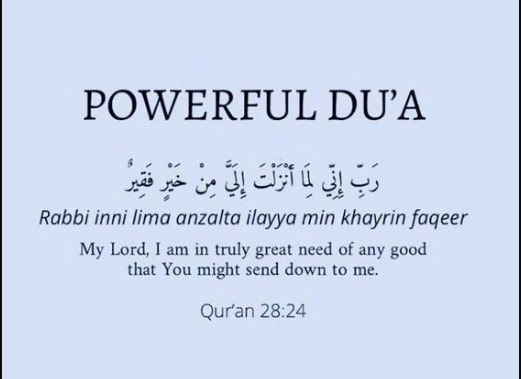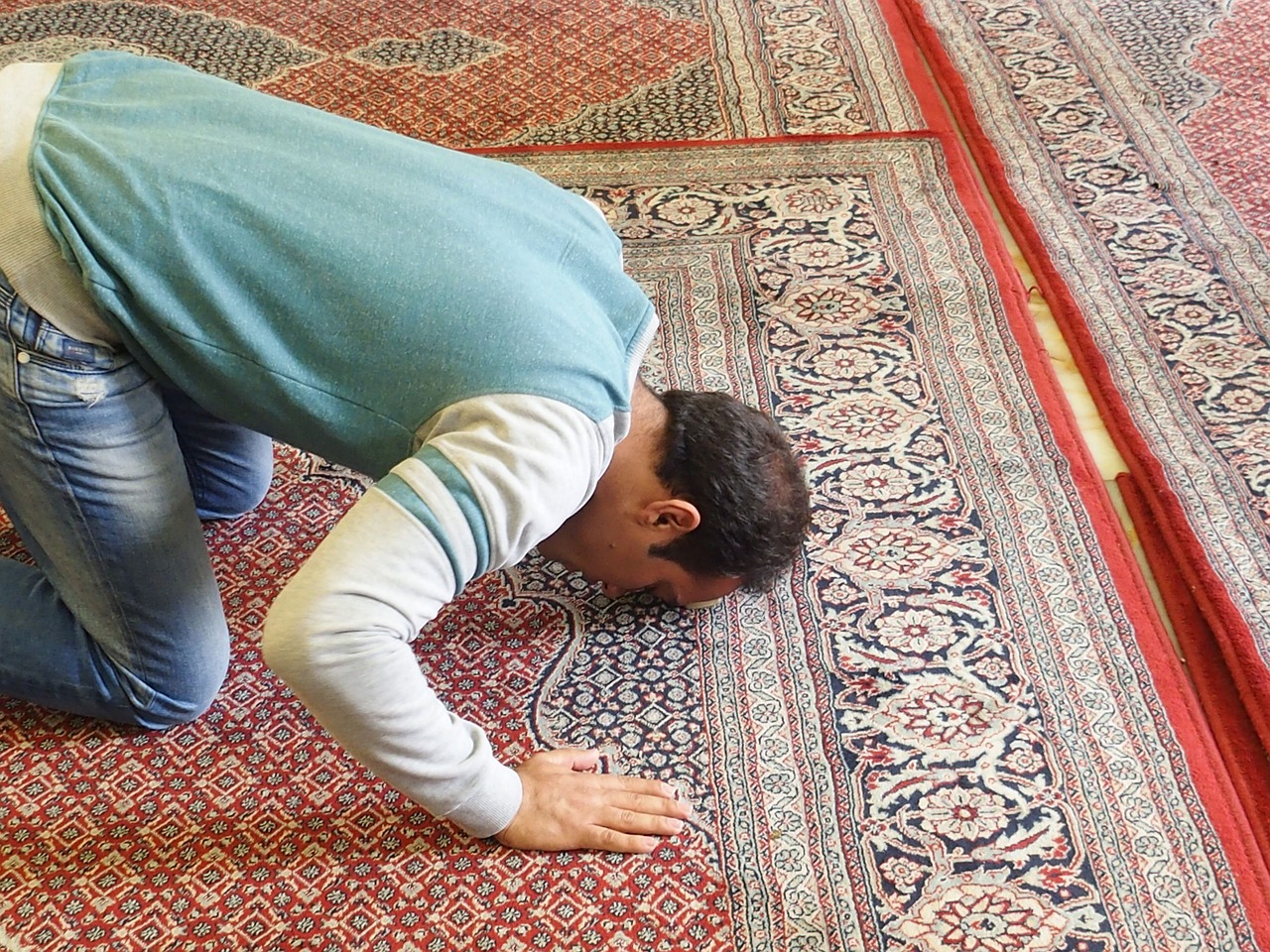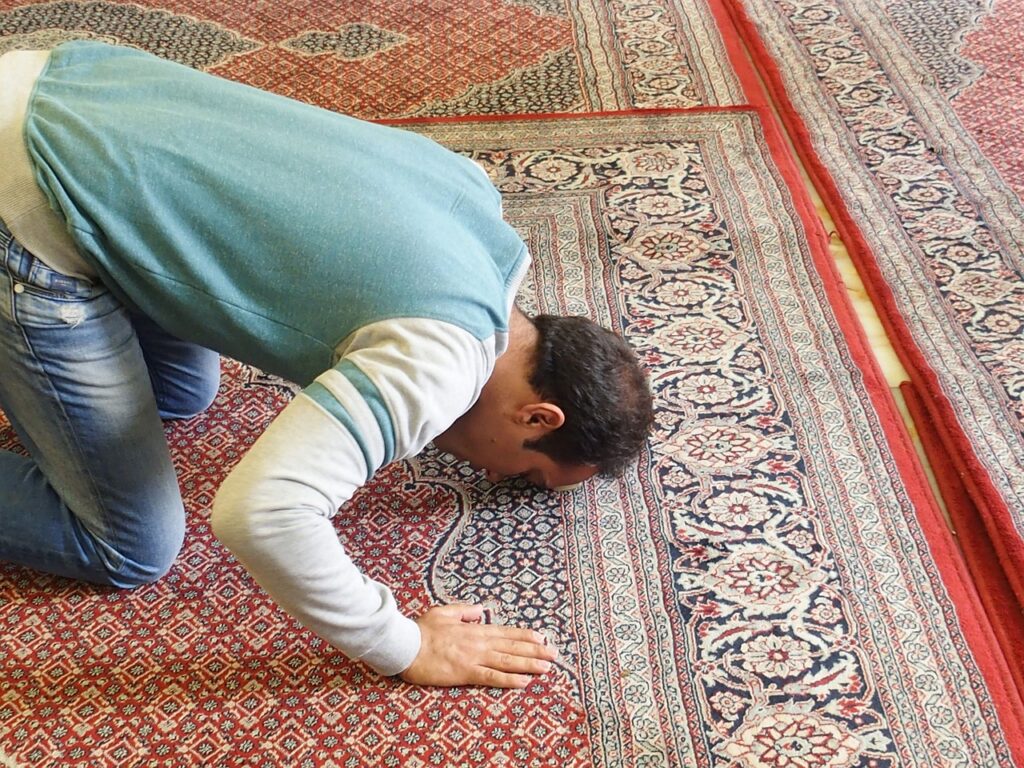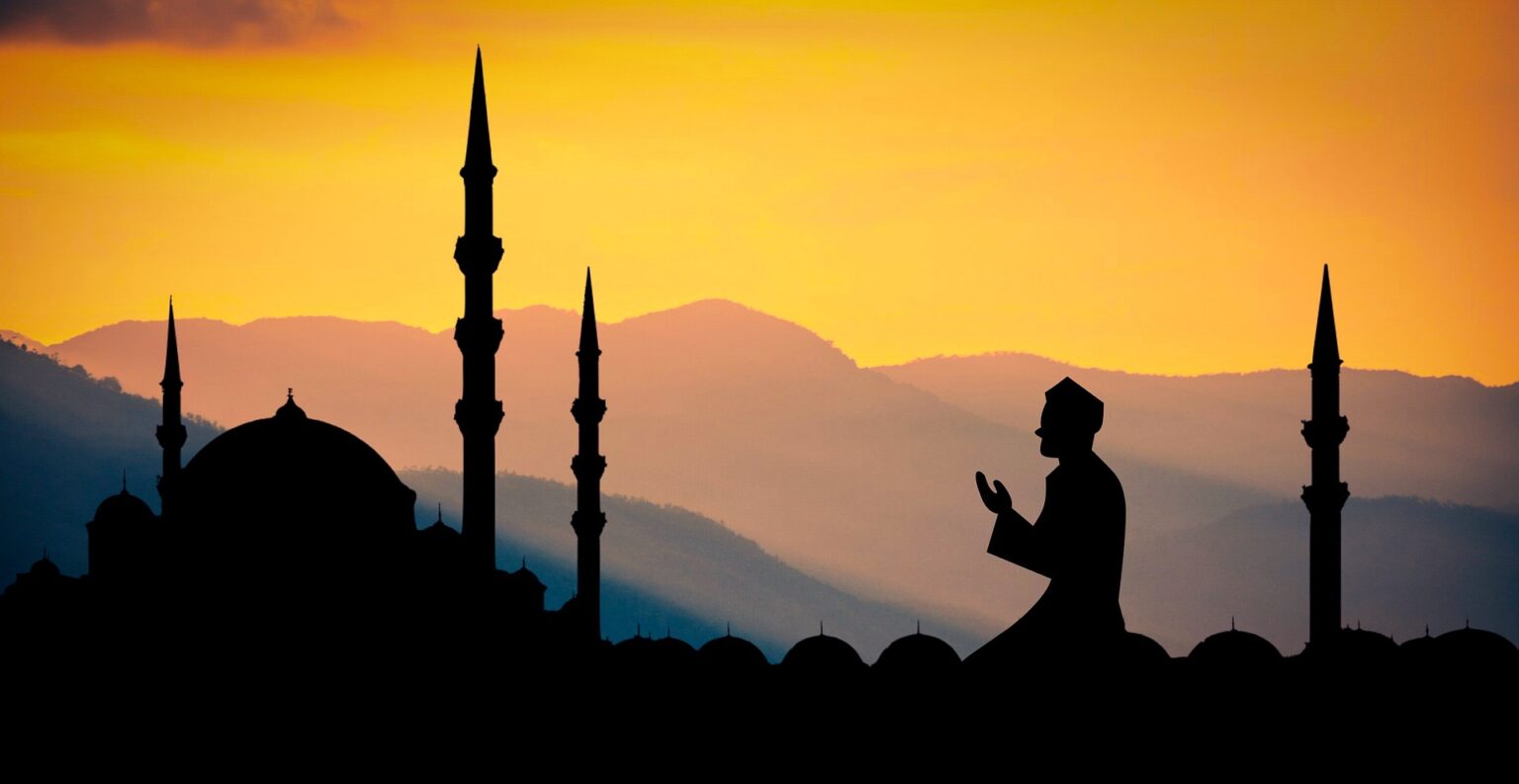Powerful Duas for Your Wishes to Come True
Powerful Duas for Your Wishes to Come True

Powerful Duas for Your Wishes to Come True, Desire, demand, longing, and wish, are the few words that our life is never empty of. Sometimes these wishes become a mere necessity, sometimes it takes the form of a raging sea and turns into madness and dementia. Allah had taught us many Duas for these wishes. What are the beginning and end of wishes? These limits are probably different for each person. That is why everyone asks Allah to accomplish their wishes differently. So the fact is that man is related to the wishes from the moment he enters this world and this process continues until he leaves this world.
In Islam, supplication (du’a) is a powerful way to seek blessings, guidance, and fulfillment of wishes from Allah (God). Here are some dua’a that you can recite to seek the fulfillment of your wishes:
Dua for evil eye from The Quran
Dua for evil eye from quran it means when a person sees something that he likes in order not to harm with the evil eye
بَارَكَ الله لَك
بَارَكَ الله عَلَيك
baarak-allaahu lakbaarak-allaahu ‛alayk
The Prophet (peace and blessings of Allah be upon him) said, “If you see something (good) in your brother or yourself or wealth, which you find impressing, then invoke blessings for it, for the evil eye is indeed true.”
Say:
“O Allah, send blessing upon him.”
Note: The Evil Eye means to look at something and be impressed with it, causing harm to befall it.
Book your free trial lesson
Don’t want to go through the translation anymore?
30 free minutes with your qualified Egyptian teacher.
Dua on travelling
Dua on travelling, it’s a Sunnah (practice of the Prophet Muhammad, peace be upon him) to recite the following dua’a for travel:
سُبْحَانَ الَّذِي سَخَّرَ لَنَا هَٰذَا وَمَا كُنَّا لَهُ مُقْرِنِينَ وَإِنَّا إِلَىٰ رَبِّنَا لَمُنقَلِبُونَ
“Subhanalladhi sakhkhara lana hadha wa ma kunna lahu muqrineen. Wa inna ila Rabbina lamunqaliboon.”
Translation: “Glory to Him Who has provided this for us, though we could never have had it by our efforts. Surely, to our Lord, we are returning.” (Quran 43:13-14)
Reciting this dua’a before setting out on a journey is a way to seek Allah’s protection, guidance, and blessings throughout the trip.
Dua to get selected for job
Here is a dua’a that you can recite to seek Allah’s guidance and blessings in getting selected for a job:
رَبِّ إِنِّي لِمَا أَنزَلْتَ إِلَيَّ مِنْ خَيْرٍ فَقِيرٌ
“Rabbi inni lima anzalta ilayya min khayrin faqeer.”
Translation: “O my Lord! Truly, I am in need of whatever good You bestow on me.” (Quran 28:24)
You can recite this dua’a sincerely and consistently, particularly before and after any job interviews or when submitting job applications. Additionally, it’s important to combine your dua’a with sincere effort, preparation, and trust in Allah’s plan and timing. May Allah grant you success in your job search and bless you with the best opportunities. Ameen.
Conclusion
Islam is a complete code of life. It tells us all the rules of life. Islam teaches us moderation in the matter of our desires. This means that the wishes should not be so much that they exceed the Islamic limits, but only those wishes should be fulfilled which are following the principles of Islam. Islam teaches us that for every small and big wish, ask Allah for help. Even if the strap of the shoe breaks, ask Allah for it.
To Know More: Dua for seeking all good for your children
Chosen and Trusted by Thousands of Satisfied Learners
Discover the experiences of our delighted clients who have thoroughly enjoyed utilizing this standout feature.
Alhamdulillah I‘m very pleased with the arabic and Qur’an lessons I receive from teacher Umm Tasneem and I‘m also content with the al-dirassa administration team who were very quick in answering any questions I had. In a month I progressed a lot and I cannot wait to continue my studies with al-dirassa. May Allah reward everyone at al-dirassa.
Verified review - view original
My Qur’an teacher is fantastic, she teaches me in a loving and kind way where I look forward to the lessons and learn so much. My Arabic teacher is equally as nice and has a lot of patience with me, she has great expertise in the field and I’ve progressed really quickly with her. Thank you Al-dirassa!
Verified review - view original

















